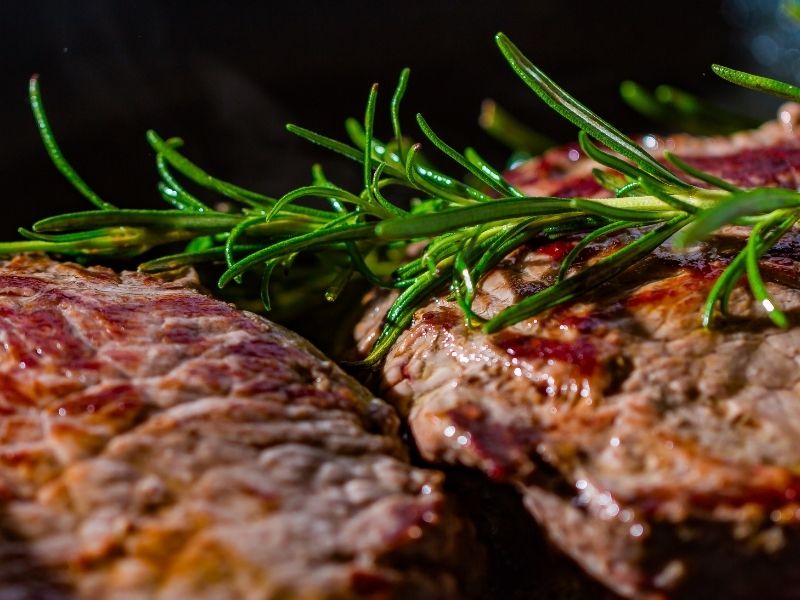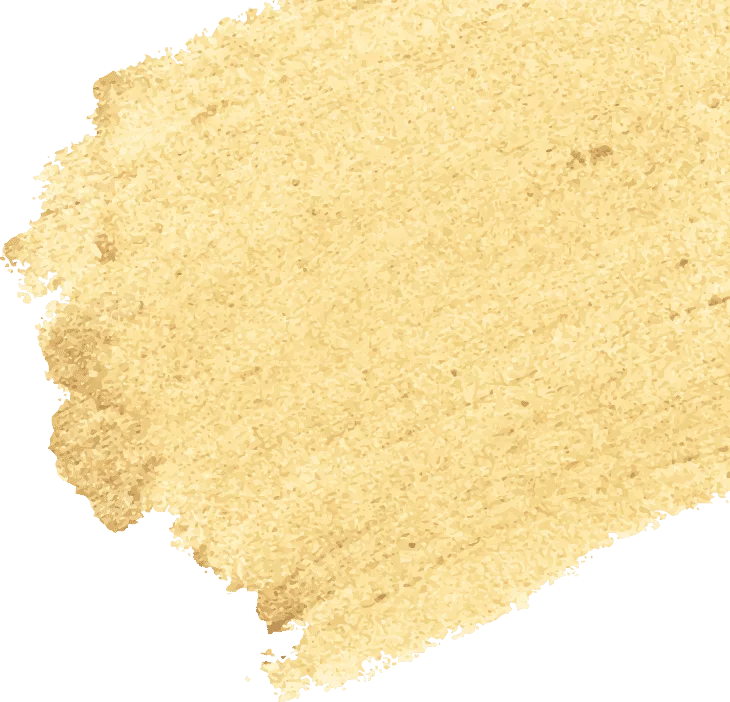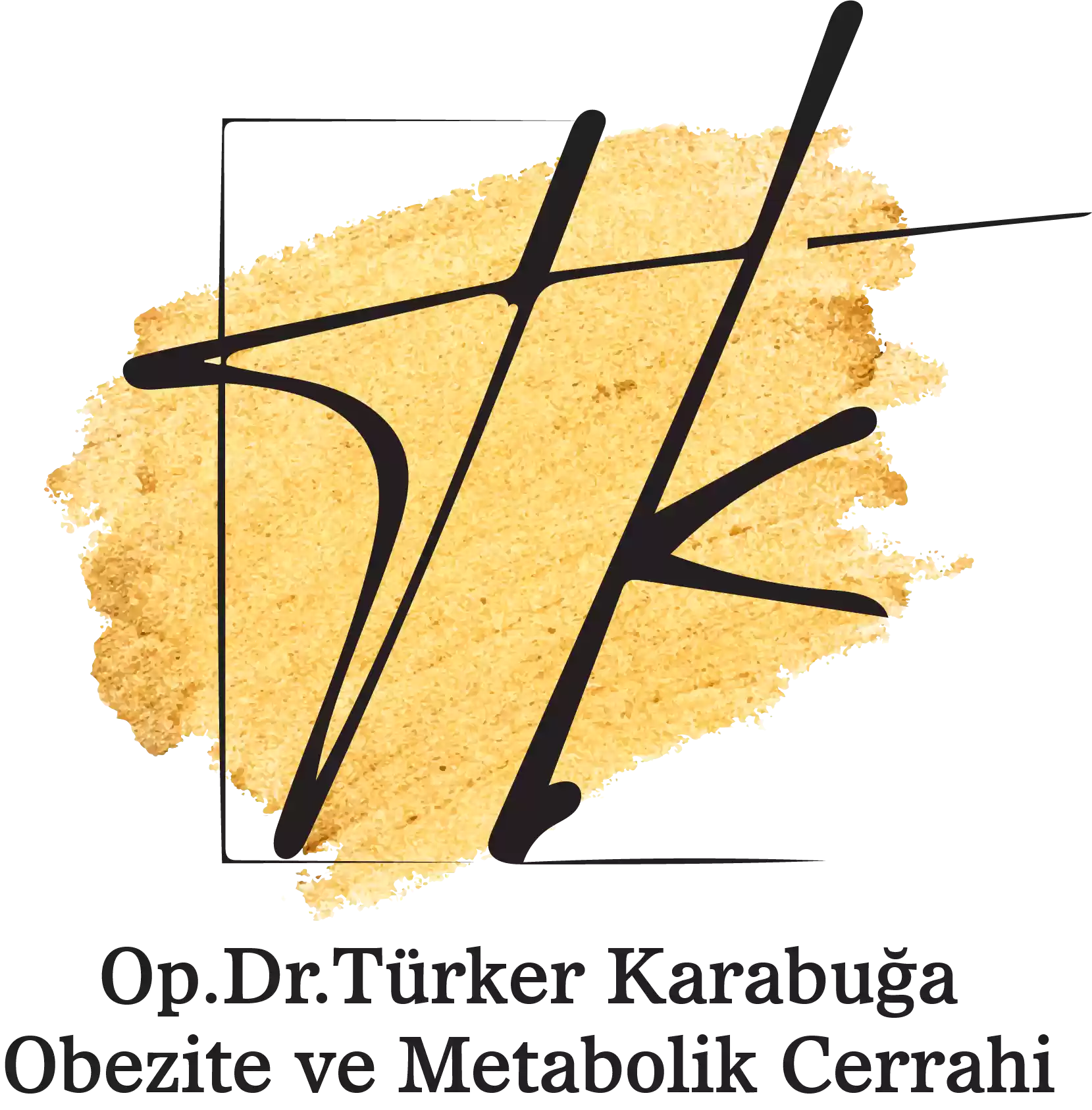It is beneficial for patients with gastric sleeve to be careful during the Feast of Sacrifice, when meat consumption increases considerably and feasts are organized at almost every meal with roasted meat at breakfast and various meat dishes at main meals. I recommend that patients with gastric sleeve who are used to taking protein and fiber-based foods on their plates to consume meat by paying attention to the type of cooking, portion and consumption speed.
First of all, patients who have not yet entered the solid period after the operation and have not been approved to consume meat by their doctor and dietitian should not consume meat without consulting their doctor. However, red meat is a very important protein source for patients with gastric sleeve who have meat and meat products added to their diet.
Pay Attention to the Rate and Time of Meat Consumption!
Patients who are still in the early phases of surgery should prefer meat products in softer forms such as minced meat, and as the meat hardness increases, they should chew more and eat slowly. Since digestion slows down later in the day, it would be much healthier to prefer it for lunch instead of dinner.
Meat should not be consumed without resting!
The victim should not be consumed as soon as it is slaughtered, it should be kept in the refrigerator for at least 24 hours. Meat cooked without resting is much more difficult to cook and digest because the newly slaughtered meat is much more difficult to digest in the stomach due to the 'rigor mortis' called 'rigor mortis'.
Pay attention to the method of cooking meat!
Undercooked meat is not recommended due to the bacteria it may contain. However, since consuming overcooked meat will make chewing and digestion difficult for patients with gastric sleeve, medium juicy and soft cooking is the healthiest. In addition, it should not be deep-fried, cooked at high temperatures for a long time or in direct contact with fire. Boiling, grilling and steaming methods should be preferred.
Click to get information about teas that fight sweet attacks.










